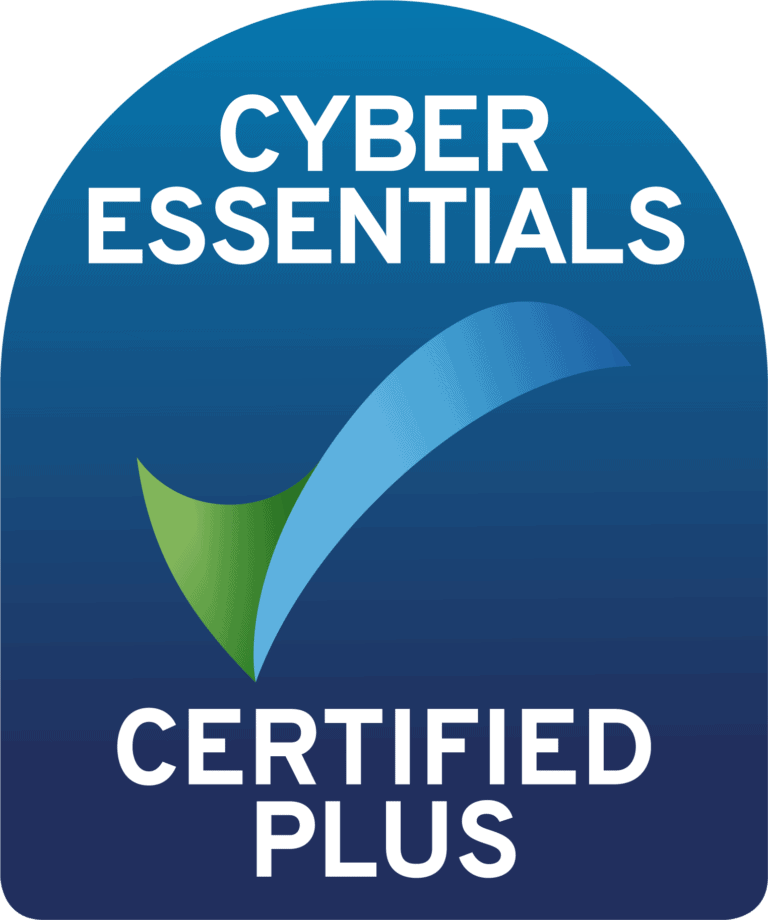
In the latest edition of our Unlocking Success series, we look at how you can get the best out of managing teams remotely...
In today's working world, being in a hybrid or remote working environment has become more normal than before the pandemic that rocked the world. Studies and statistics have shown that some remote workers may be more productive than those who work at the office, but the jury is definitely out here. The elimination of certain aspects has allowed employees to potentially show good productivity when working at home in their respective remote teams. What about the managers, though?
Managers have had arguably the toughest time adjusting to the work from home lifestyle, as their managerial style has truly been put to the test. With no more in-person interactions and the hands-on approach being completely eliminated, it has shown to be a true trial and tribulation era for managers. How can managers continue to effectively manage their remote teams if their organisation decides to keep their remote working policies? In this article, we will look at some of the best tips on managing remote teams and offer some insight on how to better manage your remote working teams.
What’s the biggest challenge being a manager of a remote employee or team?
One of the challenges that managers face with having a remote workforce is not knowing what their employees are doing during down time or when they aren't scheduled to be online. This means that managers need to learn how to use new tools and platforms that are out there such as video conferencing, Google Docs, Zoom and collaboration solutions like Slack and Microsoft Teams to get an idea of whether or not their staff are busy and available for meetings. If managers want to be successful at remote management, they need to adapt quickly to change.
There are also several issues that managers face regularly with their remote staff. A lack of clear expectations, lack of communication, and a lack of trust constantly hinder the relationship between manager and employee. Other difficulties that can come up can be working in different time zones and having a weaker personal connection between managers and employees.
Now, we'll get into our best tips on managing remote teams.
Tip: Establish Expectations Early
One of the most important things a manager could do with their team of remote employees is establish a set of shared expectations with all those involved. In these expectations, the manager should establish things like virtual working hours, scheduling of projects, and establishing deadlines for projects. Let them know upfront about how you're planning to manage them from a distance. Don't wait until an issue arises to talk with them about how they operate while remotely so that it doesn't become a negative experience.
Make sure that your expectations are realistic. Unrealistic expectations can end up being detrimental to both you, the manager, and the employees.
Bonus Tip: Communication is Key
As mentioned earlier, one of the greatest challenges many managers face working remotely is communicating effectively without meeting. This means that every message sent needs to have relevance and importance attached, and that messages are always clear enough to understand. Managers that send vague messages tend to create confusion and misunderstandings among their employees which leads to wasted efforts and less productivity. Always make sure you communicate clearly, concisely and accurately in each and every email, text message, and phone call.
Tip: Prioritise Individual Check-Ins
One-on-one facetime with your team members can be critical when it comes to building success. While your employees may not require supervision around the clock, it is important for them to know that you can be a resource for them if they need one-on-one help, feedback, or guidance. Setting up a short meeting with your employees once or twice a week can help with project management and maintaining team efficiency. It can also help boost morale and eliminate daily meetings with the whole group, which can end up being a waste of valuable time and resources.
Setting up repeating weekly meetings is important for remote teams. Repetition helps with the process of building a schedule and maintaining performance. Weekly team meetings also do lead to success, but some organisations with larger teams have resorted to scheduling a meeting every two weeks. Have fun with your team by setting up breakout sessions with a theme in your virtual meetings so that team members have something interesting to chat about or collaborate on! This also helps managers create a healthy organisational culture.
Bonus Tip: Establish strong communication channels
Creating times to check in are important for your team and it is also important to set up specific communication channels for both work and non-work-related items. Employees that are able to chat with other employees about topics like sports, entertainment, and books can lead to better morale and team-bonding.
Tip: Have Patience with your Employees
Having empathy and patience can be extremely beneficial in managing remote teams. It can help drive work performance and efficiency. Being the manager of a remote team can be difficult, especially when working with people that may be from different backgrounds, and cultures. Remember, you are a human too. Take time when needed and practice self-care properly. You have to be able to be the best version of yourself in order to be the best possible manager for your remote team of workers.
The truth is that there will indeed be growing pains as a manager. Finding the right way to deal with those is important but have patience. One of the best things you can do as a manager of a remote team is offer patience, compassion, and empathy in your communications and actions with your team. This will help you be a better remote manager, but also an overall more effective manager.
Finally
If you're a manager of a remote team looking to add another member to your team, Malikshaw Interim & Executive can help you find the perfect match! When you partner with us, you can rest assured that regardless of your needs or staffing numbers we are able to seamlessly support your team. We can find you the perfect candidate for your remote team!
For more information on how we can help you recruit the high-performing individuals you need, get in touch with us on 0870 042 1430 or email us here.
Marta Ortigas is a Director at Malikshaw Interim & Executive, a leading interim management and executive search firm exclusively focused on helping organisations achieve transformational change through delivering high performance, diverse, impactful talent teams.
Transforming our client's performance through exceptional talent...
+44 7715 905810
marta.ortigas@malikshaw.com
www.malikshaw.com






